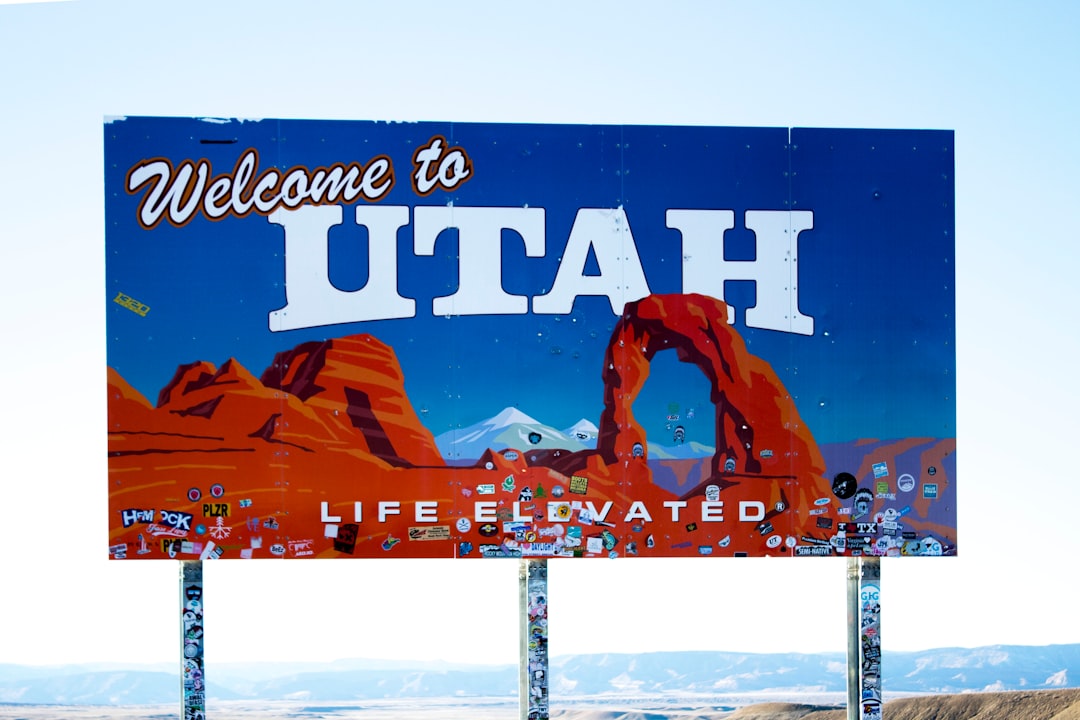In 2025, Utah residents are protected from spam texts by the Anti-Spam Act, which requires consent for unsolicited messaging. They can combat spam by registering on Do Not Call lists, blocking numbers, reporting suspicious content or links to SPAM (7726), and using apps that block unwanted messages. Staying informed about tactics and advocating for privacy regulations help ensure a spam-free digital environment in Utah.
In 2025, Utah residents face a growing challenge from spam texts, but they aren’t powerless. Understanding state laws, knowing how to identify and report these messages, and leveraging blocking tools can significantly reduce unwanted communication. Additionally, educating oneself about privacy practices and advocating for better protections on a community level is crucial in the fight against spam text inundation. Let’s explore effective strategies to reclaim control over our inboxes.
Understanding Utah's Anti-Spam Laws in 2025

In 2025, Utah residents have robust protections against spam texts thanks to state laws designed to safeguard consumers from unwanted messaging. The Utah Anti-Spam Act clarifies that it is illegal for businesses or individuals to send text messages to residents without their prior express consent. This means that if you haven’t explicitly agreed to receive messages from a particular sender, you have the right to file a complaint and seek legal recourse against the spammers.
Understanding these laws empowers Utahns to take proactive measures against spam texts. Consumers can register on Do Not Call lists, block numbers, and report spam messages to relevant authorities. By staying informed about their rights and taking action, residents can contribute to creating a less intrusive digital environment, making 2025 a significant year for fighting back against spam text inundation in Utah.
Identifying and Reporting Spam Texts Effectively

Recognizing spam texts is the first step in combating them effectively. In 2025, Utah residents can look out for common signs such as unsolicited messages with promotional content, suspicious links, or requests for personal information. Many spam texts often originate from unknown or recurring numbers and may be designed to mimic local businesses to trick recipients.
Reporting these spam texts is crucial in helping telecom carriers and law enforcement identify and shut down the sources. Utah residents can report such messages by forwarding them to SPAM (7726) or using dedicated reporting tools provided by their mobile service providers. Additionally, blocking the sender’s number on your device is a simple yet effective way to prevent future unwanted interactions, making it easier to maintain a spam-free environment in 2025.
Using Tools to Block and Filter Unwanted Messages

Utah residents now have a variety of tools at their disposal to combat the increasing issue of spam texts in 2025. Many smartphone operating systems come equipped with built-in features for blocking and filtering unwanted messages. These tools allow users to identify and block specific numbers or even entire categories of text, significantly reducing the volume of spam they receive. Additionally, there are dedicated apps available that specialize in spam detection and offer advanced filtering options, providing an extra layer of protection against nuisance texts.
By utilizing these blocking and filtering mechanisms, Utah residents can regain control over their communication channels. They can customize their privacy settings to prevent spam texts from interrupting their daily lives. This proactive approach not only ensures a safer digital environment but also empowers individuals to take charge of their personal information in the face of persistent spamming activities.
Educating and Advocating for Better Privacy Practices

Utah residents can play a significant role in fighting back against spam texts by educating themselves and advocating for better privacy practices. In 2025, as technology evolves, so do the tactics of spammers. Staying informed about the latest trends in spamming is crucial. Residents should learn to identify common patterns, such as suspicious links or requests for personal information. By doing so, they can protect themselves and their data.
Moreover, advocating for stricter privacy regulations can make a difference. Encouraging local representatives to implement and enforce laws that limit the use of automated texts for marketing purposes can help curb spam text messages. Educating others about these issues through community forums or social media campaigns also contributes to a collective effort to reduce unwanted communications, ensuring Utah residents’ peace of mind in the digital age.






